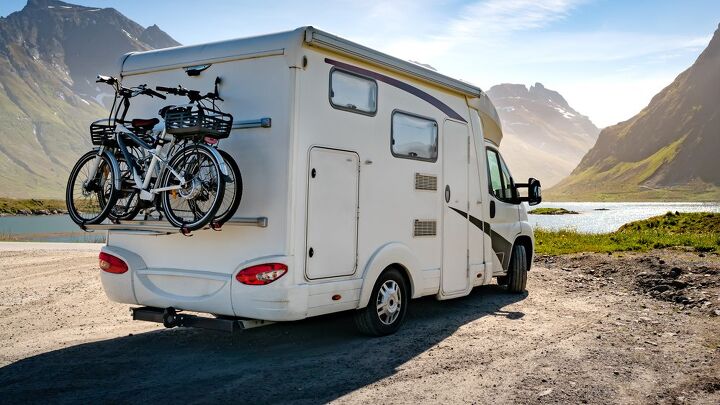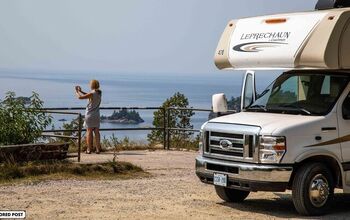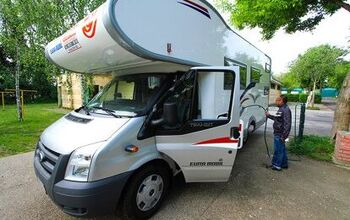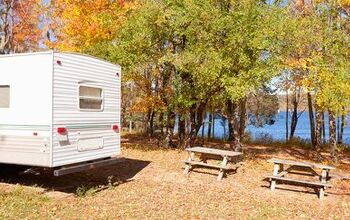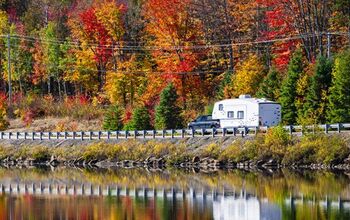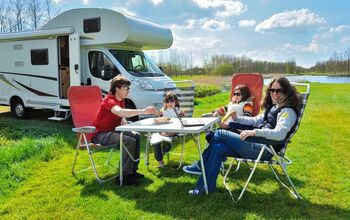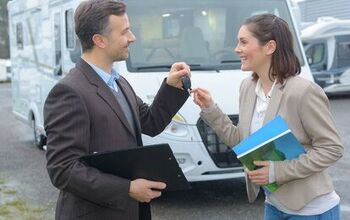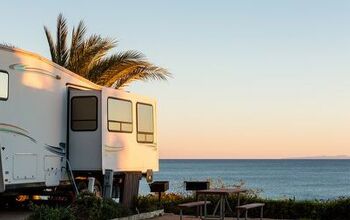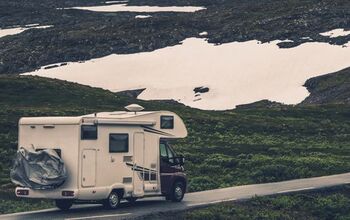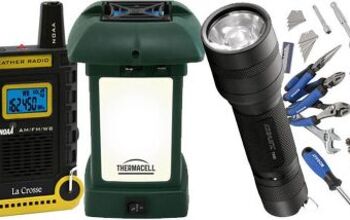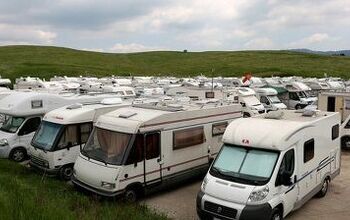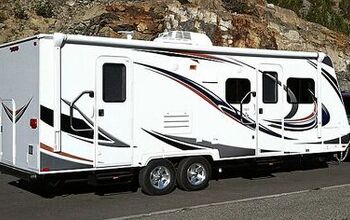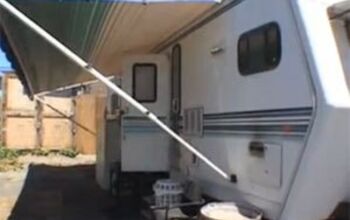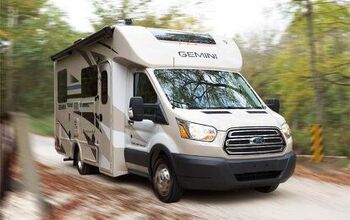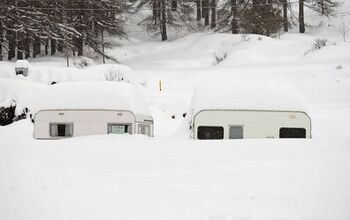RV Insurance: What You Need to Know
RVs can provide a wonderful way to travel with the items that are most important to you, but they can’t protect your belongings from everything. These vehicles are wonderful for travel, but they can be damaged or involved in accidents, which puts you and your personal possessions at risk. RV insurance is an obvious solution when it comes to protecting your RV and everything inside of it. Let’s discuss what you need to know about this specialized form of insurance and what it can offer you.
Lead photo by Andrey Armyagov/Shutterstock.com.
What is RV Insurance?
RV insurance is insurance that applies directly to your RV or certain kinds of trailers. It is not automotive insurance, nor is it homeowner’s insurance. It is a specific kind of insurance that offers coverage for these kinds of items whether they are parked at your home or you are traveling to parks far and wide.
Do I Need RV Insurance?
In truth, no one needs RV insurance, but that doesn’t mean that you shouldn’t have it. It is a fact that most areas do not require RV insurance, but if you don’t have it, you might end up in quite a bit of trouble—or, you might end up losing your personal items.
RV insurance covers both RVs and trailers to the extent broken down in your individual agreement. This form of insurance is made to make it easy for you to keep your RV and everything inside of it completely safe, even when things go wrong. While some items can’t be replaced, this kind of insurance can ensure that you receive some form of compensation in the event of a loss.
What Does RV Insurance Cost?
With insurance coverage, the overall cost will be dependent upon what you choose for your policy. Most insurance companies offer multiple tiers of RV insurance so you can choose a package that suits your needs. However, insurance plans that cover more—or that are responsible for covering a more expensive RV—will come with added costs.
When you purchase RV insurance, you will be given an overall cost which will be divided into more approachable monthly payments. Plans can start at as little as $150 per year and go up from there.
What Does RV Insurance Cover?
To benefit from RV coverage, you will want to choose a plan that covers all of the essentials. While it would be nice for your RV to stay safe and secure at all times, the reality is that RV insurance is crucial when it comes to keeping your RV and personal belongings safe. Most insurance plans will offer a few key points of coverage.
Physical Damage to Property
As you might expect, RV insurance does cover physical damage to the RV and your personal items within the RV. This means that if you were to get in an accident or end up with a severely damaged vehicle, you will be able to reclaim some of your losses after the fact.
In the majority of cases, this form of insurance will be applied only when accidental damage or criminal damage is involved. RV insurance plans do not cover damage that is the result of your other actions or general wear and tear upon the vehicle.
RV or Personal Item Theft
Theft is a key point of concern for RV owners for a couple of key reasons. First, there is the risk that someone might steal your RV and everything in it. If you are living in an RV, the damages and losses can be substantial.
In addition to theft of the RV itself, there is always the risk that someone might break into the RV and steal your personal belongings.
Personal Liability
For RV drivers, personal liability is a key point of concern. Every time that you drive your motorhome or tow a trailer, you are running a personal liability risk. Any time that someone else might be at risk, you need this form of coverage. Without it, you might end up responsible for the fullest extent of the expenses yourself.
Fire Services
It isn’t unheard of for RVs to experience fires—and your RV isn’t the only risk. Another RV catching fire in the RV park can be just as dangerous for your drivable home if something truly goes wrong. Any time that the fire department is involved, it is likely that you will incur costs from their services, which can be expensive. A good RV insurance plan should help you to cover these costs.
Temporary Living
Though some RV users only use them for vacations, plenty of people have made the choice to live in RVs to support a more nomadic lifestyle. While this can be an exciting way to live, it comes with the same risks that a home has, if not more.
Sometimes events occur that will stop you from being able to comfortably live in your RV. When this happens, you will need a temporary place to stay. The best RV plans offer support for this and can cover the expenses of temporary living in the event that your RV is unusable for a period of time.
The Takeaway
For those who embrace them, RVs can offer a unique opportunity to travel the world while living comfortably. It allows you to venture out while maintaining your space and space for your personal belongings as well. Choosing RV insurance is an important decision to make that can save you in losses and unfortunate expenses if something does end up going wrong. It is always best to be prepared, especially with an expensive investment like this.
